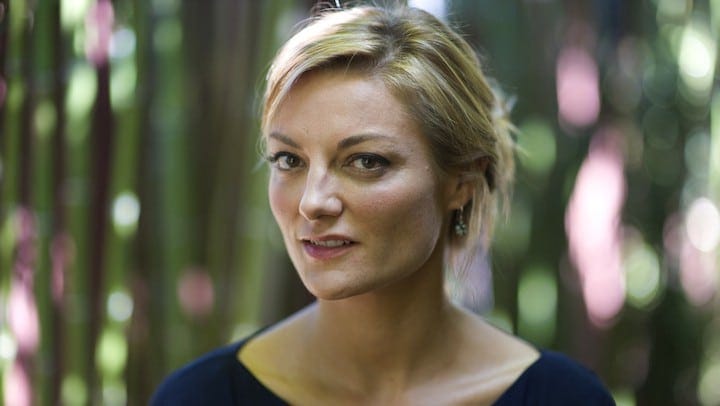Lucy Walker On ‘The Lion’s Mouth Opens’ and Empathy as Her Wellspring for Activism and Filmmaking
By Jamie Maleszka

With The Lion’s Mouth Opens, director Lucy Walker has crafted a verité valentine to life’s most formidable moments. The documentary, at a potent 28 minutes, is an unremitting wallop of emotional intensity and grace. Since premiering to critical acclaim at Sundance 2014, the film has garnered a Cinema Eye Honor and was on the shortlist f…
Keep reading with a 7-day free trial
Subscribe to Nonfics to keep reading this post and get 7 days of free access to the full post archives.



